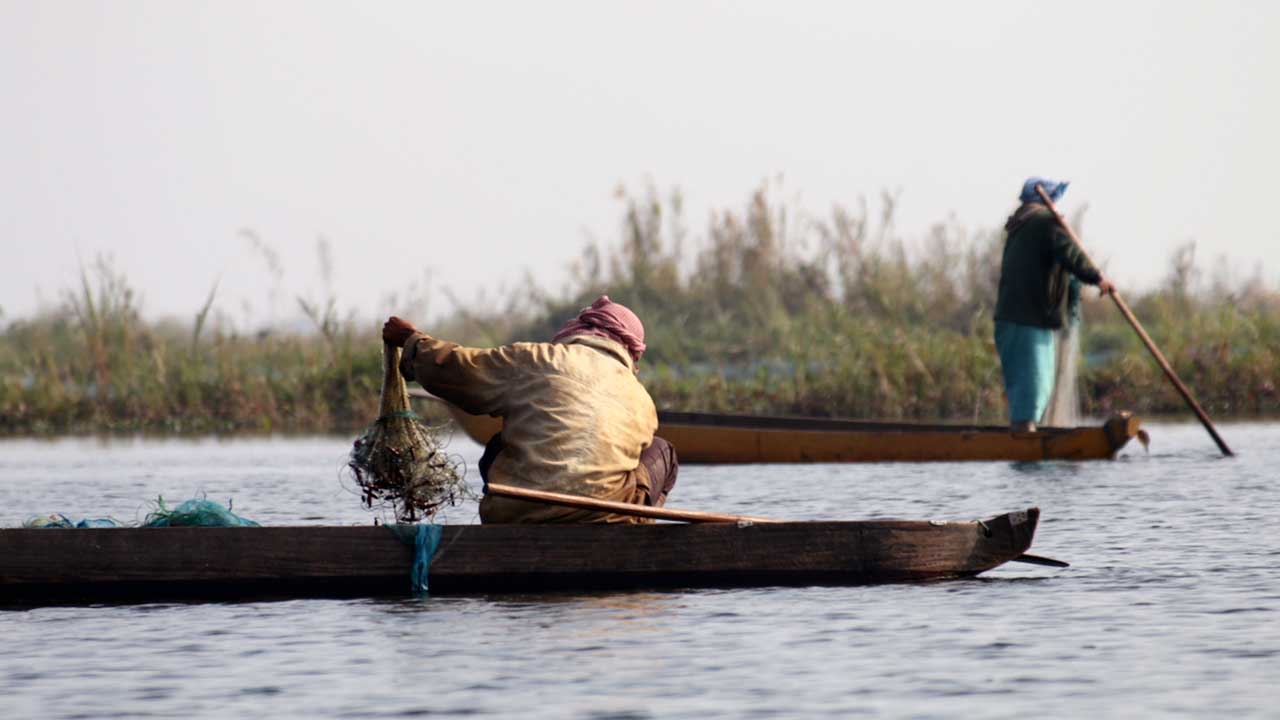A Special Bench of the Manipur High Court, in its order dated 25 February 2022 order, has reaffirmed that no development in the Loktak Wetland Complex region can proceed without permission of the court. The court issued this order taking note of deficiencies in the preparation of the Integrated Management Plan for Wise Use of Loktak Lake 2020-25 prepared by the Loktak Development Authority (LDA) and Wetlands International South Asia.
The All Loktak Lake Areas Fishers Union – Manipur (ALLAFUM), Indigenous Perspectives (Imphal), and Environment Support Group (Bangalore) has welcomed the order.
The order was passed while hearing PIL No. 24 of 2017 and connected applications, comprising the Chief Justice Sanjay Kumar and Justice Ahanthem Bimol Singh. This PIL was initiated by the Manipur High Court in 2017, following the 3 April 2017 order of the Supreme Court of India in WP (C) No. 230 of 2001. In that order, the apex court had directed that jurisdictional High Courts must supervise the management of wetlands designated as wetlands of international importance under the Ramsar Wetlands Convention 1971.
Loktak Lake is one such Ramsar site and is located on the far eastern corner of India bordering Myanmar. This lake is the largest natural freshwater lake of India and is formed with the meandering drainage of Manipur, Imphal and Nambul Rivers in the gentle valleys south of Imphal.
On Loktak Lake, over 1,500 fishers live in houses built on the floating Phumdis (heterogeneous mass of vegetation, soil and organic matter at various stages of decomposition), sustaining their livelihoods with wooden canoes (no polluting motorboats are allowed by the community) and traditional fishing. On such Phumdis, which can be as large as 40 sq. km, is the Keibul Lamjao National Park, the world’s only floating protected area, a unique habitat hosting the critically endangered Sangai (Eld’s deer), Manipur’s State animal, and several other rare species.





























